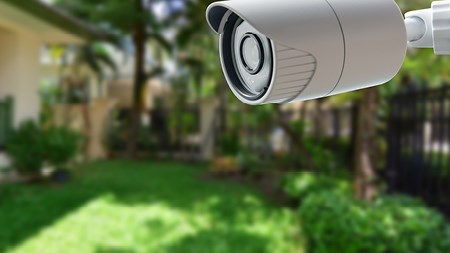Both the Rental Housing Act and consequent Unfair Practices Regulations are clear on the landlord’s responsibility to offer a property both ‘reasonably fit’ for the purpose for which it has been let and to ensure the property is habitable, says Grant Rea, Certified Residential Rentals Specialist at Remax Living. However, the big question remains - is providing security like burglar bars, perimeter sensors, alarms and other forms of security an obligation of the landlord and can a tenant reasonably expect this?
Are landlords obliged?
According to Rea, a matter that often arises in tenancies is the level of security offered by a landlord in terms of the fixtures of a property rented to a tenant. “On face value, it would not be an obligation of a landlord to offer more than doors and windows that adequately lock and close. However, in this day and age with escalating domestic crimes and break-in’s, it may be deemed reasonable for a tenant to request at least a security gate or access control measures,” says Rea. “Furthermore, in the instance where the tenant is willing to cover such expense to ensure their own safety, could this request reasonably be denied by the landlord?”
He continues that security is a matter very close to the hearts of South Africans and it is imperative at the time of renting a property, that a tenant assess the level of security before committing to a lease. “Sadly in this country the safety of a rented home is the responsibility of the tenant, unless they can possibly demonstrate that the property is genuinely uninhabitable due to the level of security offered,” advises Rea.
Who covers the cost of break-in repairs?
A question often asked by clients is who is responsible for repair in the event of a break-in? Since the damage caused is beyond the control of the tenant, the landlord would usually be liable for repair in this instance and can approach their individual insurer to cover such cost of repair. It further stands to reason that the tenant is responsible to insure their own personal belongings, as the landlord is not responsible for these.
Repairing the alarm system
“Another point of conflict we come across in tenancies is when a property is let with an alarm system. It is imperative that the tenant enquire about the state of repair of the alarm and even arrange that it be tested and assessed by an alarm specialist. The landlord cannot be assumed to be offering a state-of-the-art alarm installation, as the property is often let as is and the functioning of the alarm is often not pertinent to the property being ‘unfit’ for tenancy,” says Rea.
“However if a landlord makes warranty that the current installation is functioning and it is in fact not, the landlord can be found liable if a breach of security results in losses to the tenant. Essentially the wording of each tenancy is crucial to ensure obligations of each party are outlined.”
Negotiating upfront
Rea concludes by saying that in short, a tenant it is advised to negotiate increased security measures upfront with a landlord or agent. Many landlords may just be open to sharing such cost, provided the installation is left in the property when the tenant vacates.




